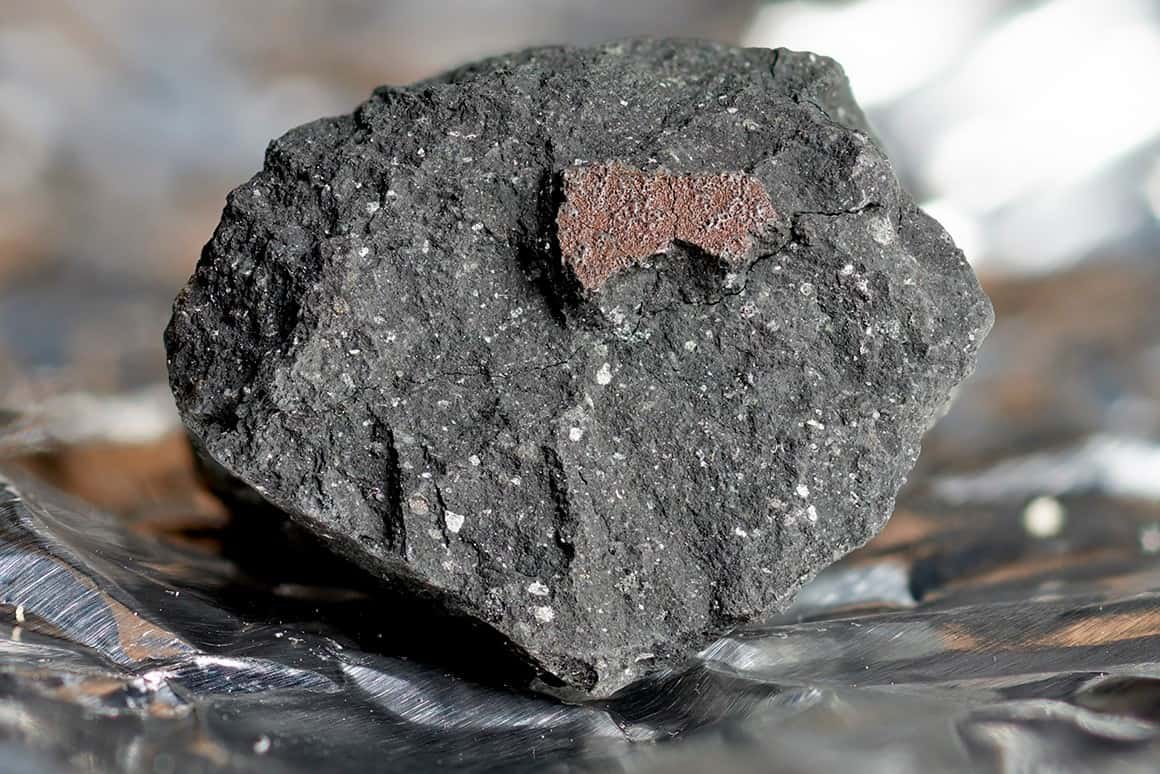In this podcast episode we talk to Áine O’Brien of the University of Glasgow who is part of a team of meteorite experts who have gathered up remnants of a 100 kg carbonaceous chondrite meteoroid that exploded over southern England on the last day of February. She explains how a network of cameras and clever mathematics allowed scientists to work out where the fragments landed, and what it was like being out in the field looking for them. O’Brien also talks about how studying the meteorites could shed light on the conditions in which the solar system formed.
This week’s podcast also features particle physicist Tim Gershon of the University of Warwick, who gives us a flavour of the 59 new hadrons that have been discovered by CERN’s Large Hadron Collider (LHC) since it switched on in 2010. Gershon works on the LHCb experiment, which itself has just discovered four new exotic hadrons called tetraquarks. He explains what discovering new hadrons could tell us about the strong force and talks about how LHCb is being completely rebuilt so it can detect even more new particles when the LHC restarts – which could be as soon as next year.
